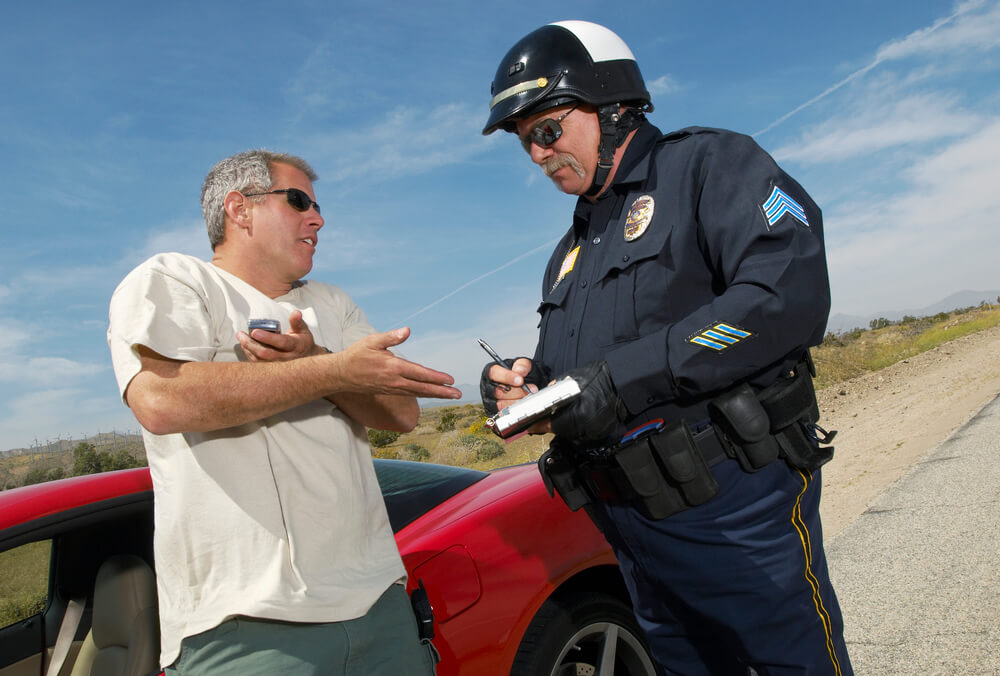
It is unlikely that a person who receives a DUI conviction would be fired from their job, provided that this is their first criminal conviction, no one was injured, and there was no property damage. There are several instances, however, where being convicted of a DUI could lead to being terminated from your job and then finding it difficult to get a new one.
DUI Convictions That Could Lead to Job Loss
1. Second and subsequent California DUI conviction include significant jail time and therefore a person will not be able to show up for work for months or even years and it is likely the person will be terminated from their job.
2. A DUI conviction could lead to being fired if the terms of employment state in writing that being convicted of a DUI or other misdemeanor or felony crime is grounds for termination.
3. Since a DUI conviction carries a driver’s license suspension, if your job requires driving, such as a salesperson in the field, it is more likely that a DUI will lead to being fired since you can no longer perform your duties. In addition to losing your driver’s license for 6-10 months, your car can be impounded leaving you with nothing to drive. The good news is that even if your current job requires driving, your employer might be able to offer you another job within the company.
Finding Another Job
If you are fired from your job you’ll have no choice but to look for other work. This may be daunting as this is the first time you will have applied for a job while having a criminal record. While the Civil Rights Act prohibits an employer from discriminating among job applicants based on a criminal conviction, in practice, this is rarely the case. Most employers in the private sector will favor the applicant with a clean driving record over one with a DUI conviction if all other things are equal. There are also certain jobs that require driving such as bus driver, package delivery driver, railroad engineer and others where you may be fired if you are convicted of a DUI. You could also be forced out of or prohibited from landing any job that required that you carry a firearm such as those in the security industry.
Since the penalties you may suffer from a DUI conviction extend far beyond the courtroom and could include losing your job and having difficulty finding a new one, you need to hire the best California criminal defense attorney you can find. If you are arrested and charged with DUI it is critical that your lawyer does everything possible to get the charges against you dismissed without a criminal record. Call the Kavinoky Law Firm today.



